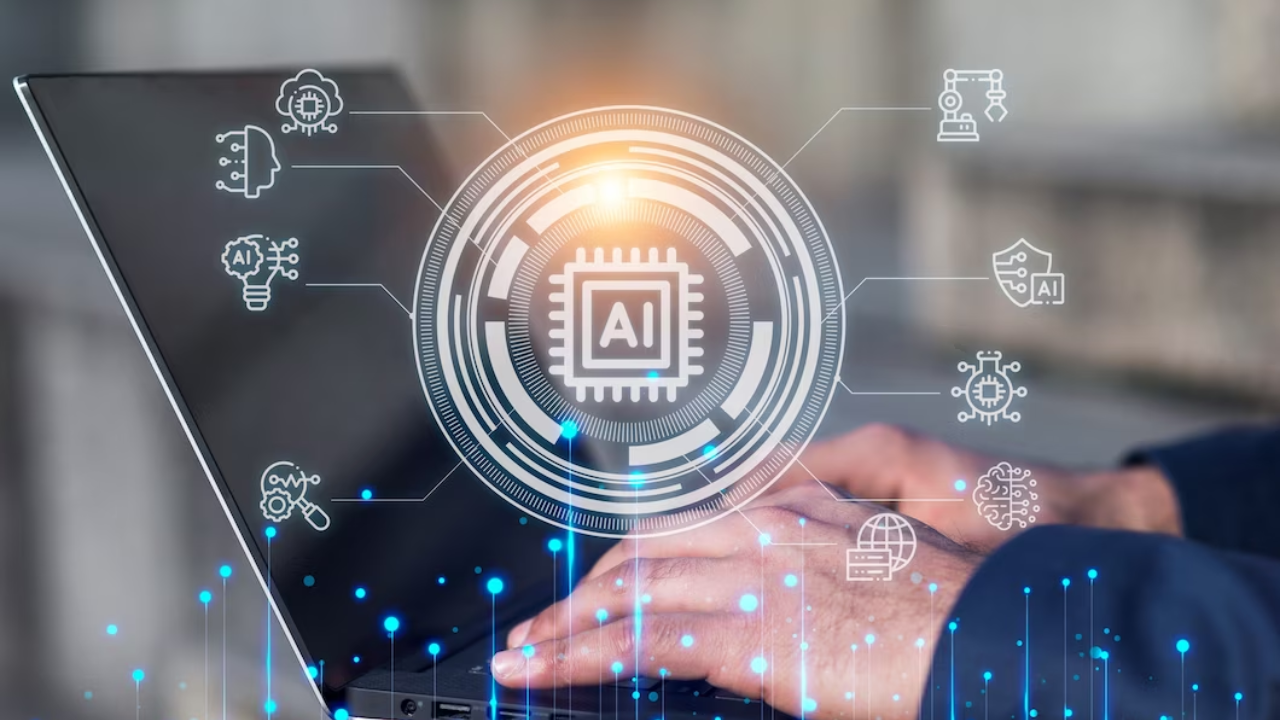Tech companies are continuously pursuing the goal of achieving artificial general intelligence (AGI), where software is capable of possessing intelligence equivalent to that of humans. Amidst this technological advancement, an AI company called Delphi has emerged to help individuals create life-like digital copies of themselves to assist in various real-world tasks.
Delphi offers users the ability to create digital clones using AI tools, enabling these clones to act on behalf of individuals for tasks such as attending virtual meetings or calls. These clones are designed to closely resemble the user’s appearance and mimic their speech patterns, providing a realistic representation of the individual.
Co-founder Dara Ladjevardian disclosed that a wide range of individuals, including online creators, influencers, and business professionals, are utilizing Delphi to create their digital clones. The process of creating these clones involves analyzing data such as podcasts, videos, and PDFs to replicate a person’s speech and thought patterns accurately, completing the process in as little as an hour.
Delphi employs advanced techniques, including 3D modeling and animation, to create a digital model of the individual and replace their face or body with an image, similar to the process used in deepfakes. Users can train their clones further by uploading voice data to mimic their speech patterns, helping the clones truly represent the individual.
Delphi offers its digital cloning services through a subscription-based model, with monthly fees ranging from $19 to $399, depending on the desired features and customization options. Customers can visit Delphi’s ‘Clone Studio’ to create a virtual version of themselves, ensuring that their clone accurately reflects their appearance, speech, and thought patterns.
Ladjevardian emphasized that the clone’s primary function is to replicate how the individual perceives the world, with a readiness score indicating how well the clone represents the user. By uploading voice data, users can enhance the clone’s ability to mimic their speech, creating a more realistic digital representation of themselves.
